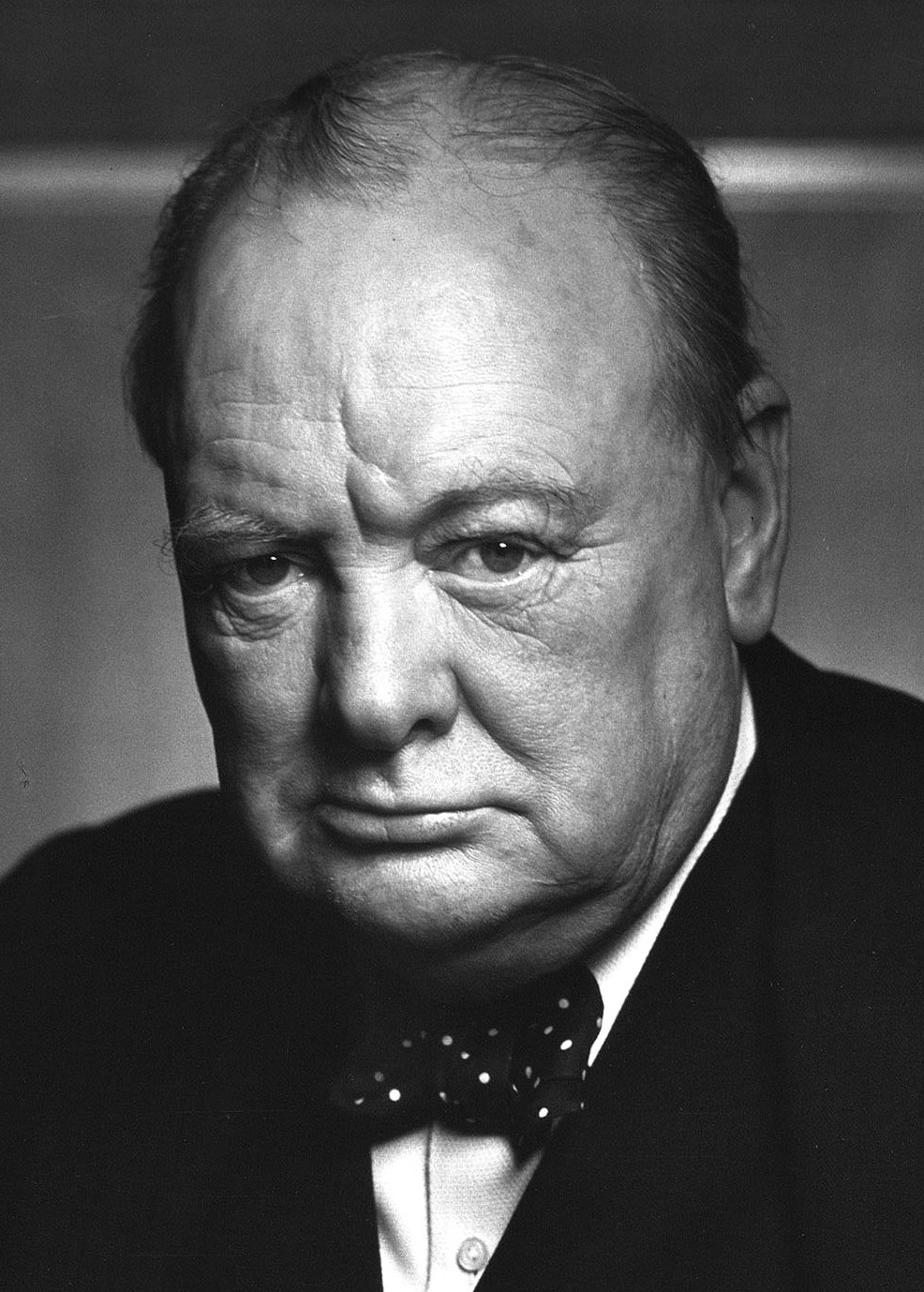History of The Churchill Club

The Churchill Club was started in 1949 by four Glendowie residents, Bryan Kingston, Phil Wyman, Bob Tapper and Alf Bevage. They wanted to meet locally after work — most worked in the city.
One room at the “Glendowie Night Club” (now the Catholic Church on Riddell Road) was hired on Tuesday evenings for 10 shillings ($1.00) a night. After about six months, a “prohibitive” rent rise to one pound ($2.00) led Alf Bevage to offer the use of the boatshed at his home on Riddell Road.
By then the membership had risen to about 12, and by 18 months it had reached 40. For obvious reasons, a move was essential. Again, Alf Bevage came to the rescue (probably wanting the use of his shed back and despairing of the noise), purchasing a section on the corner of Riddell and Glendowie Roads for approximately 300 pounds ($600).
This was repaid, and in due course building commenced, financed by five pound ($10) debentures and other borrowing. Many members didn’t redeem their debentures, which helped the club provide furnishings etc.
The Club has always supported community projects:
- In the early stages the Club provided accommodation for the Glendowie Boating Club, Glendowie Tennis Club and Glendowie/St Heliers Scout Group. — all of which now have their own clubrooms. The local Plunket group, while it was running, also used the Club’s amenities.
- Members helped move a house from Karaka Bay to Pakuranga after the 1953 Karaka Bay landslip, and have taken part in many working bees, including cleaning up glass and rubbish on St Heliers Bay, Karaka Bay and Glendowie Beach.
- The Club hosted Christmas parties and outdoor functions. In earlier years, this was for the Knox Home (when it was still in Mt Wellington), and later, St Andrews Home and Hospital. Many community organisations hold events at the Club, and private functions frequently take place on the premises.
Primarily, however, the Club exists for the benefit of its members. Apart from after-hours socialising, members have competed in a range of sports including cricket, darts, bowls, and pool – the honours board shows the huge amount of effort that members over the years have put into these pursuits. Annual competitions in fishing and pool continue, and for many years the Club has hosted Quiz nights, which have proven invaluable in encouraging casual visitors to become members.
Televised sport has become a fixture at the Club, with up to three screens now providing coverage, sometimes as a backdrop to conversation and dining, and at other times as the main focus, for example, for Rugby tests.
As a requirement of its licensing, and as a way of providing full service to its members, the Club has operated a kitchen, engaging commercial caterers to provide quality meals at affordable prices.
The Club has moved with the times. When it began, it was for men only, however the Constitution was changed to accept women as members. The layout of the building has changed too. The bar has been moved from where the darts board and honours board are now to the north end of the building, and Committees have worked to ensure the comfort of members, including lighting and air-conditioning upgrades, as well as refreshing the furniture. The outdoors area has also seen a lot of upgrades.
The Churchill Club is an integral part of the Glendowie community, entirely supported by its members — it doesn’t receive grants from Council, Government or any other source. The Club is about members working together to build community, both together and in the surrounding suburbs.
